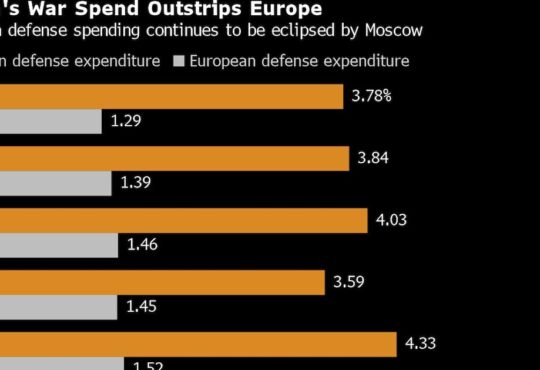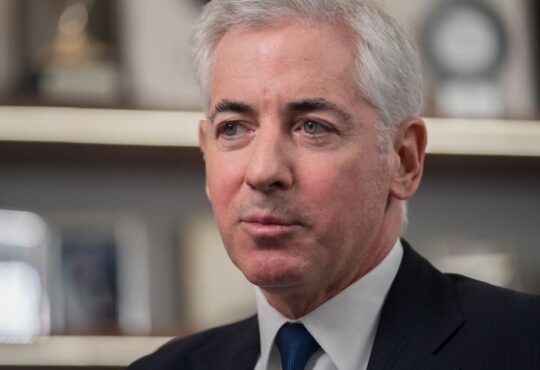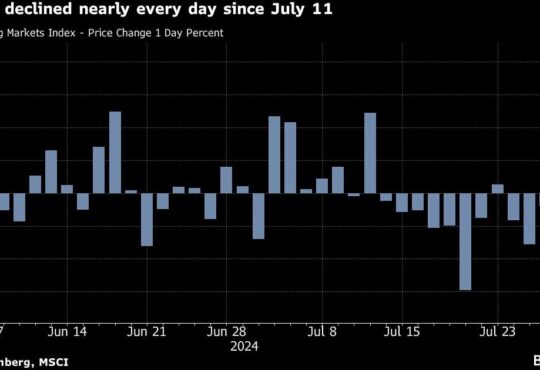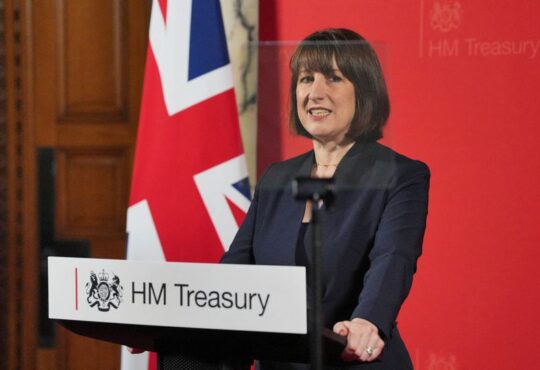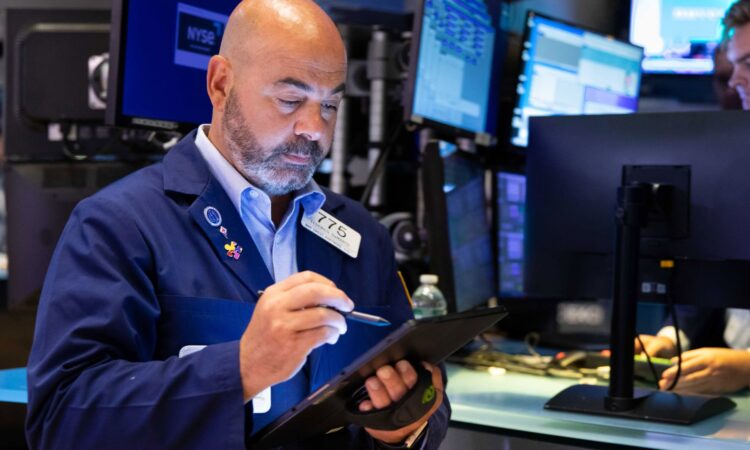
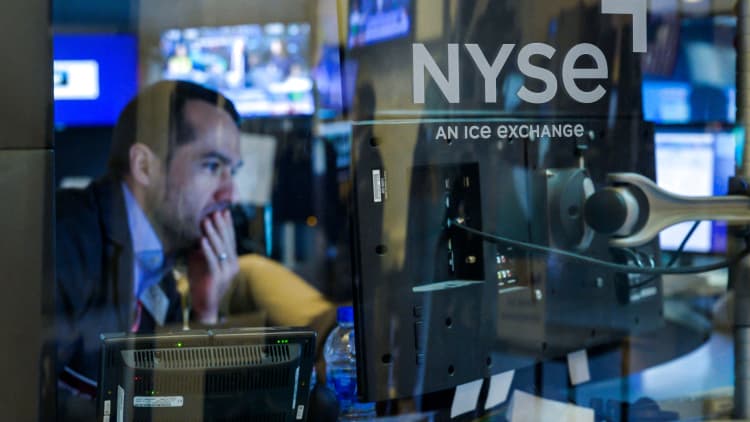
U.S. stock futures fell Tuesday after the Nasdaq Composite closed at its lowest in two years during the regular session.
Dow Jones Industrial Average futures traded lower by 227 points, or 0.8%. S&P 500 and Nasdaq 100 futures slipped 0.9% each.
Stocks closed lower Monday, with the Nasdaq Composite falling 1% following a drop in semiconductor stocks. The Dow Jones Industrial Average shed nearly 94 points, or 0.3%, while the S&P 500 declined about 0.8%.
Bond prices also fell. The yield on the U.S. 10-year Treasury rose about five basis points to 3.937% after nearing the key 4% level overnight. Bond yields are inverse to prices, and a basis point is one hundredth of one percent.
Investors weighed comments from JPMorgan CEO Jamie Dimon, who warned that the U.S. would likely fall into a recession over the next “six to nine months,” and said the S&P 500 could fall another 20% depending on whether the Federal Reserve engineers a soft or a hard landing for the economy.
Those remarks came at the start of a big week for third quarter bank earnings, and ahead of Wednesday’s producer price report, Thursday’s consumer price index report for September and Friday’s retail sales numbers, also for last month.
Investor reaction is focused solely on how the Federal Reserve will react to the economy as it works to dampen inflation.
“There’s always this idea of a Fed pivot coming right around the corner, and they’re just going to tighten their belts to bring inflation down without affecting the economy more broadly,” Dan Greenhaus, chief strategist and economist at Solus Alternative Asset Management, said Monday on CNBC’s “Closing Bell: Overtime.”
“All of that was always hopes and dreams. And the most likely outcome was … what history shows always happens, which is the Fed tightens, they tighten too much, they cause an economic dislocation, the market goes down. Full stop,” he added.



